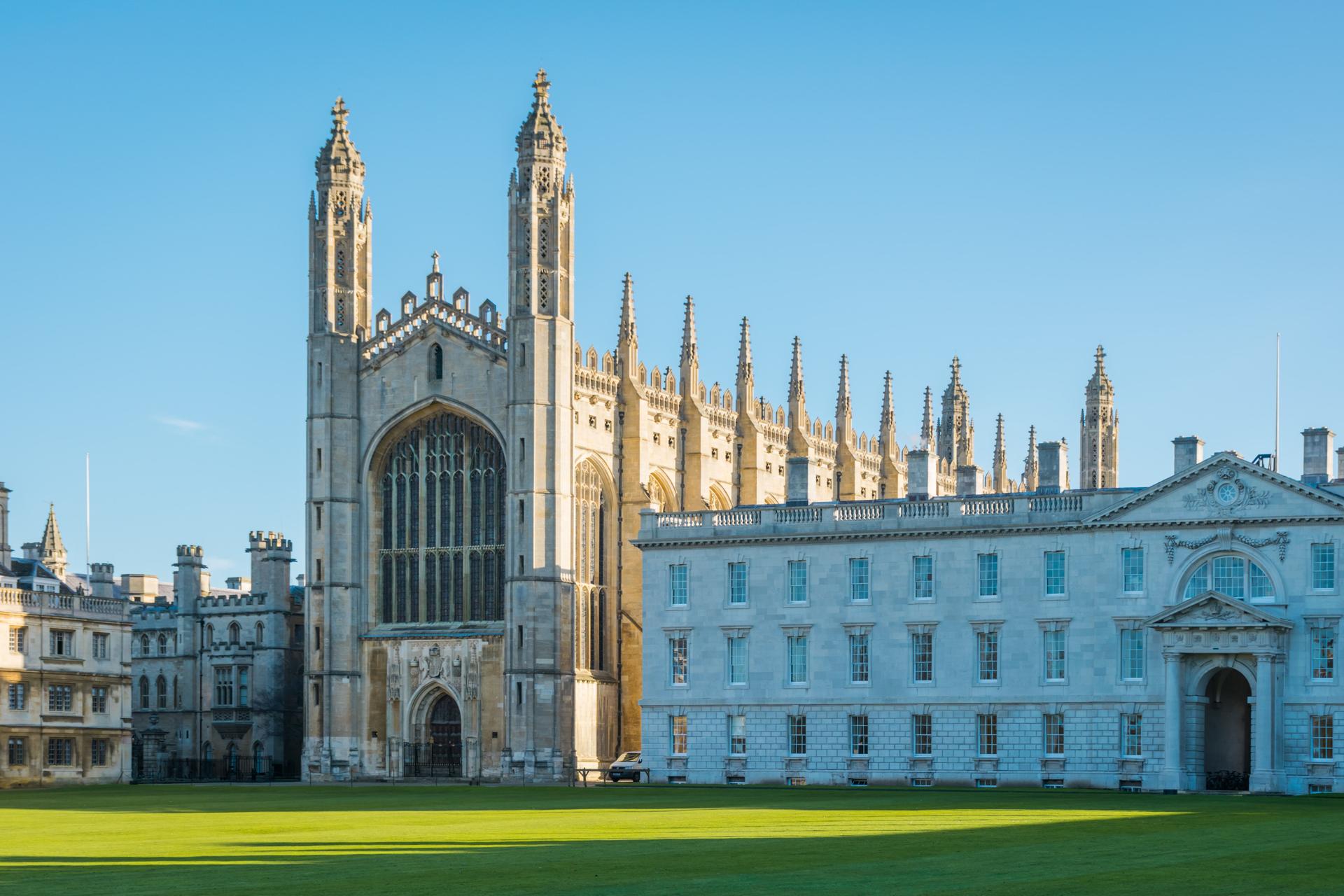What to Consider When Choosing an New Zealand Masters Program
When it comes to postgraduate studies, there are a few things you'll need to consider before deciding on a Masters program.
The first step is to check whether the program and qualification you're interested in is offered in New Zealand.
The next thing to consider is whether the courses meet your expectations and serve your purpose. Most Masters's courses will emphasize certain areas, so make sure that you understand what topics are covered in each course and how they contribute towards your end goal.
When making your decision, you should also consider the duration of the program, the cost and any educational options available such as part-time or online courses. This can help determine which option best fits with your lifestyle and budget.



Related Blogs
Exploring the changes in the 2023 GRE Exam
The GRE (Graduate Record Examination) has long been the compass guiding ambitious individuals toward their dreams of pursuing graduate, business, and law programs abroad. Starting September 22, 2023, ...
Top Global Universities Accepting Low IELTS Scores
Do you wish to study abroad and explore diverse student life? If you are an aspirant, then you must know it requires an eligible IELTS score to get admission into foreign universities. The IELTS score...
Understanding the New Zealand Student Visa Process: A Comprehensive Guide
New Zealand's robust academic system offers various courses and degrees from some leading universities. It also strongly focuses on developing students' problem-solving and critical thinking skill...
All you need to know about Education Loans to Study Abroad
A financial loan to cover higher or postsecondary costs is an education loan. Education loans are designed to pay for living expenses while the borrower is pursuing a degree, as well as tuition, books...
Work Experience Certificate - All you need to know!
What is a Work Experience Certificate?
Employees receive a written document called a "work experience certificate" after finishing their employment. This document attests to the employee's prior e...
What to do if Your Student Visa gets Rejected | Reasons | Solutions
A visa application may be denied for a variety of reasons. You will be provided with a list of Visa Rejection Reasons. Suppose you are successful in identifying the grounds for the visa rejection. In ...